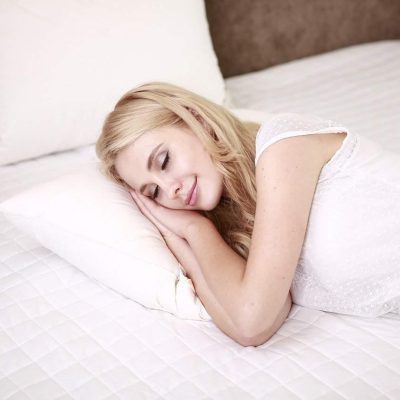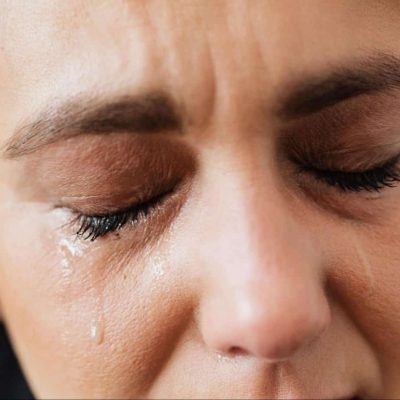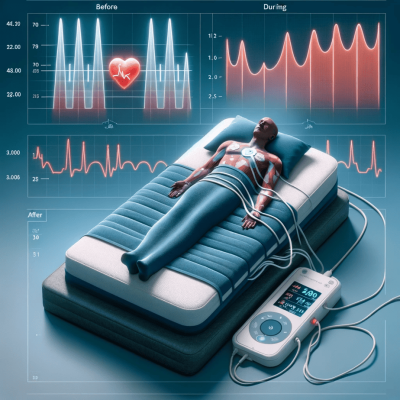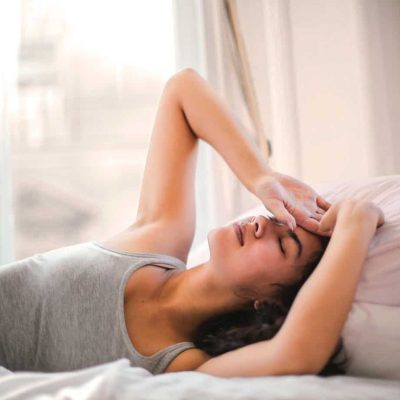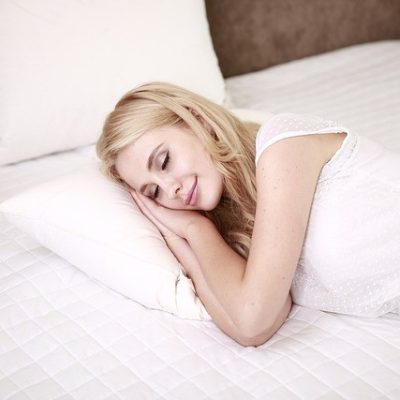Sleep apnea is a condition that affects a great many people. Most estimates suggest that roughly 30 million Americans suffer from some form of sleep apnea; some have suggested that the number could be close to a billion worldwide. And there may be even more than we think with the condition given that it often goes undiagnosed.
As a quick recap on the basics, sleep apnea is generally described as a condition that causes one?s breathing to stop at times during sleep. These interruptions in ordinary breathing patterns cause the body to wake itself up to resume breathing ? though the sleeper may not often remember having woken up come morning. Because it?s a common condition and one that the body copes with, to some extent, sleep apnea is sometimes brushed aside as something less than serious.
This is not the right way to approach it. While a diagnosis of sleep apnea is not cause for undue alarm, there are negative effects on the body and on one?s overall wellbeing. A piece on Healthline did an excellent job of outlining these effects ? some of which include depression, acid reflux, memory loss and confusion, high blood pressure and blood sugar, general fatigue, heart problems, and more. Again, this does not mean sleep apnea should cause alarm. But that list of effects does indicate that it?s a condition to take seriously.
This is particularly important for people in older demographics to recognize, for two reasons. The first is that most of the effects just listed can be more severe for the elderly than for others. Issues deriving from sleep apnea can compound memory loss, and problems with blood sugar, cholesterol, and blood pressure can be disproportionately threatening to elderly individuals. In short, there is somewhat more urgency to address the problem when the person suffering is older.
The other reason this is all important for seniors and those in senior care to take seriously is that sleep apnea can be more common in this demographic. For one thing, age itself is one of the causes of OSA (Obstructive Sleep Apnea) ? one of three types of the condition, and the one Everyday Health identifies as the most common. Additionally, certain medical issues more common in seniors ? like Parkinson?s disease, heart failure, and stroke ? can also contribute CSA (Central Sleep Apnea).
Given all of this, it?s fair to say that sleep apnea is both more likely and more threatening among the elderly. This in turn begs the question of what?s to be done about the condition. And for seniors, there are some key steps to keep in mind.
Ensure Adequate Healthcare Coverage
The first step when you suspect a condition like sleep apnea is to ensure that you (or the patient) have adequate healthcare coverage. In the case of most elderly patients, this will mean Medicare. And while it can seem somewhat daunting to sift through the different plans Medicare can take shape is, the good news is that something like a consultation about sleep issues will almost certainly be covered. Kelsey Care Advantage offers a particularly helpful snapshot of the different ways to structure a plan, and makes clear that Part B ? coverage for medical visits ? is always included. So, as long as an elderly patient is covered by Medicare, there should be options to seek professional care.
Monitor the Problem
Another good idea when the potential condition is first noticed is to monitor the problem as well as possible. It may be tedious, but even something as simple as filming or recording the sleeper overnight can clarify the issue and whether or not there?s a need for treatment. That said, with an elderly individual, it?s best to seek help even on the basis of suspicion (as opposed to waiting for confirmation). Nevertheless, monitoring sleep may be helpful when it comes to approaching treatment too. It will provide a more complete picture of just what?s going on.
Consult a Physician
This step is implied in the point about ensuring adequate health coverage. But it really is best to start with a personal physician when seeking to handle this condition. A physician will not only be able to help with a diagnosis and treatment, but will also be able to assess what effects sleep apnea might be having, or what underlying causes may require attention. It?s a troubling thought, but it?s at least conceivable, for instance, that a sleep apnea disorder may lead to the discovery of a more problematic condition.
Address Lifestyle Change
This step will be up to a physician to dictate to some extent. Once sleep apnea is diagnosed however, one way to address it is to undertake lifestyle changes relating to underlying causes. An elderly individual suffering from sleep apnea who is obese, for example, can try to adjust his or her diet and exercise routine so as to lose weight. This sort of tactic is only appropriate in some cases, and won?t necessarily fix the condition. But it?s certainly a step to consider in some cases.
Invest in Machine and/or Medical Treatment
Finally, it may well be necessary to invest in either a machine, a medical procedure, or both in order to manage and/or do away with sleep apnea. On the equipment front, Well Aware Systems can help you with things like CPAP and BIPAP machines, which are among the most effective means of treating sleep apnea on a nighty basis. In some cases though, medical procedures such as nasal surgery or an adenotonsillectomy might be recommended.
We hope this has helped to clarify why sleep apnea deserves particular attention among the elderly ? as well as what that attention can look like.


